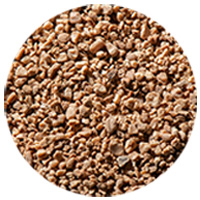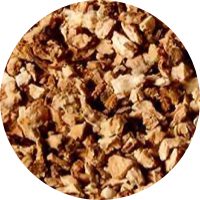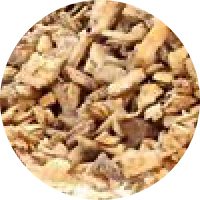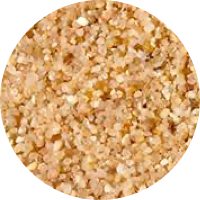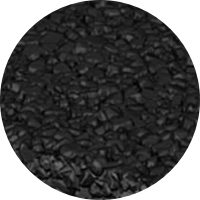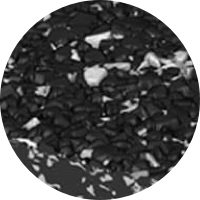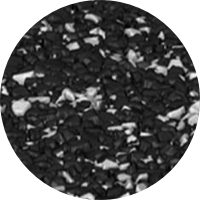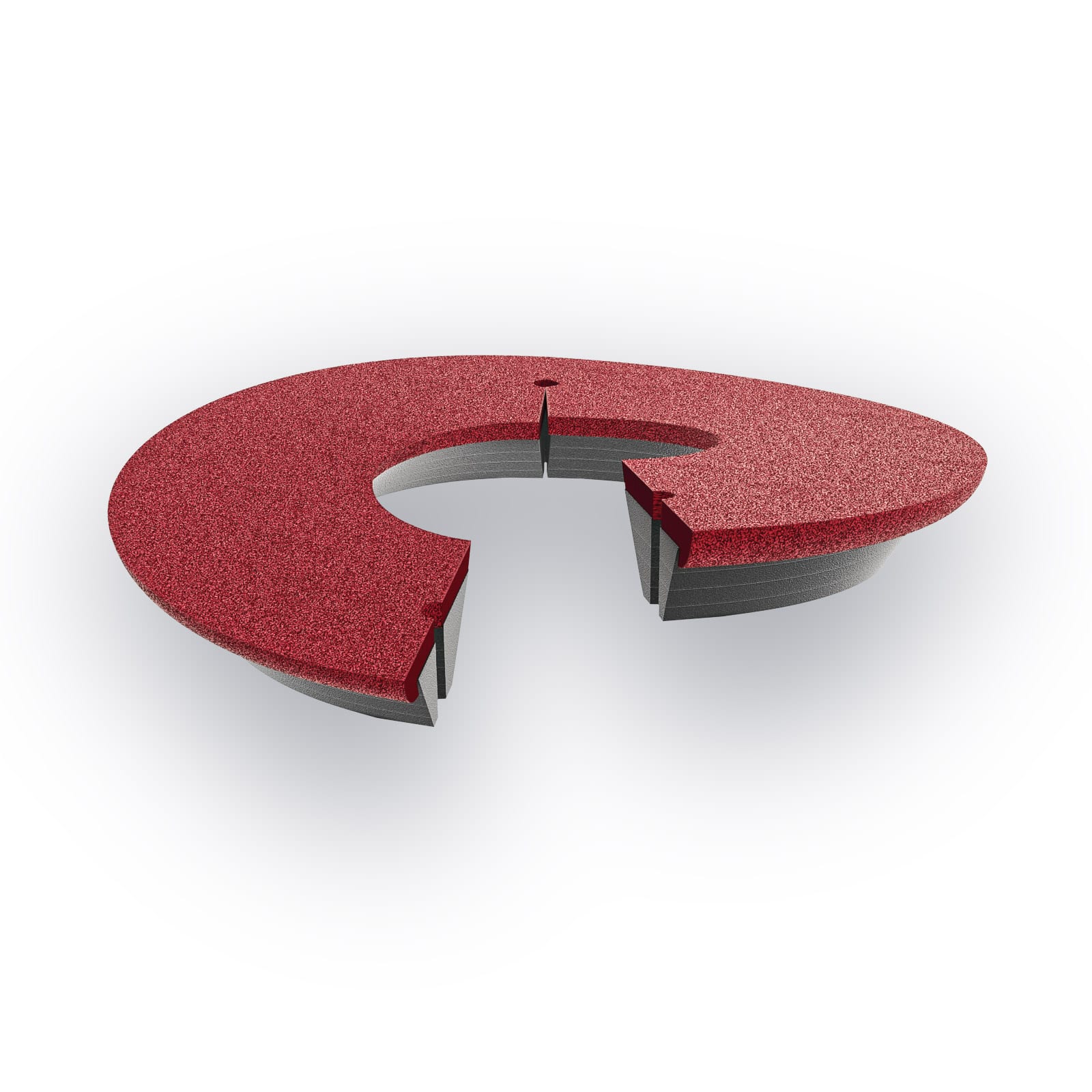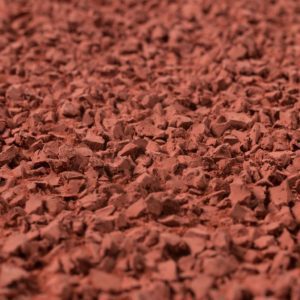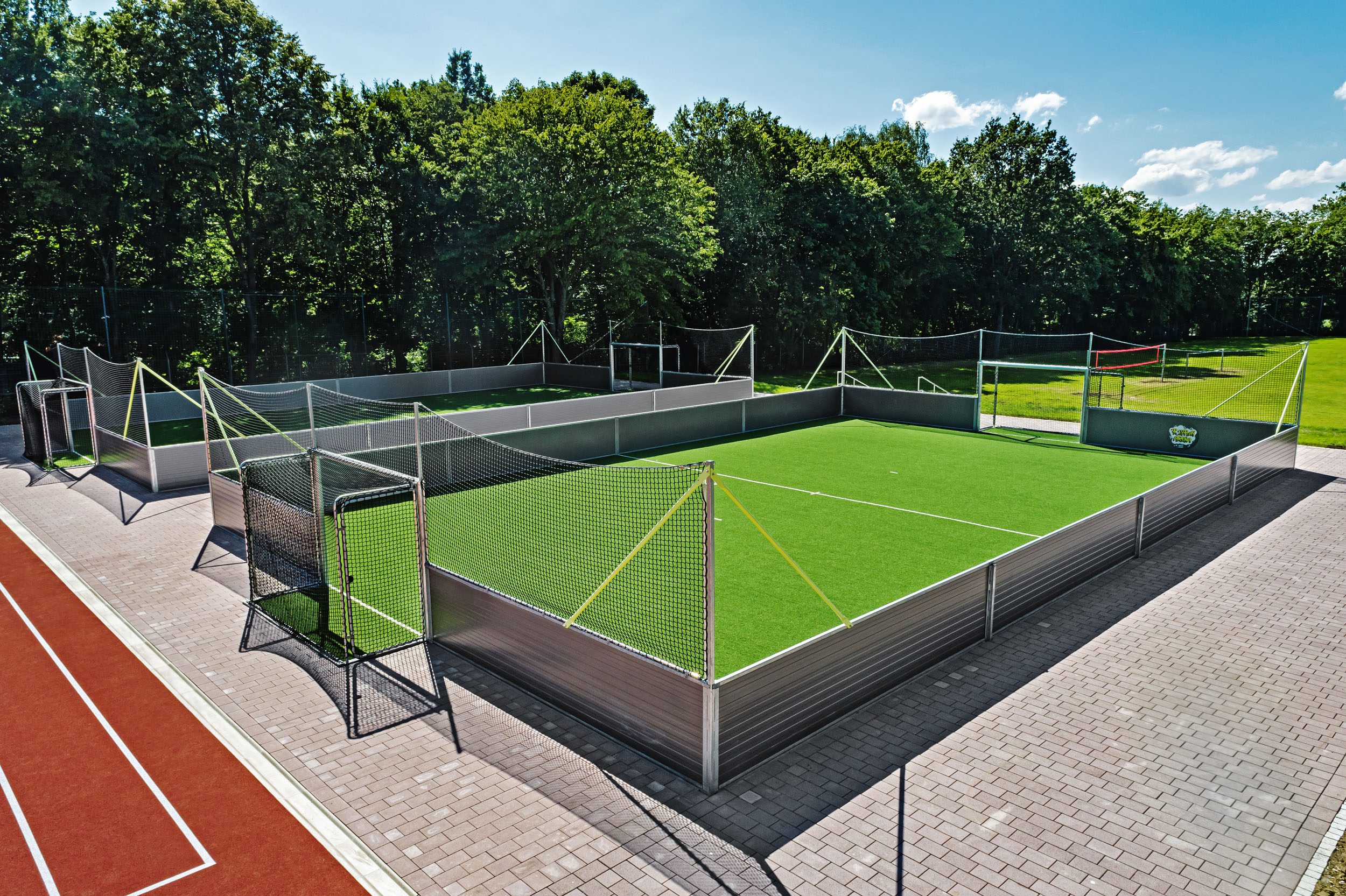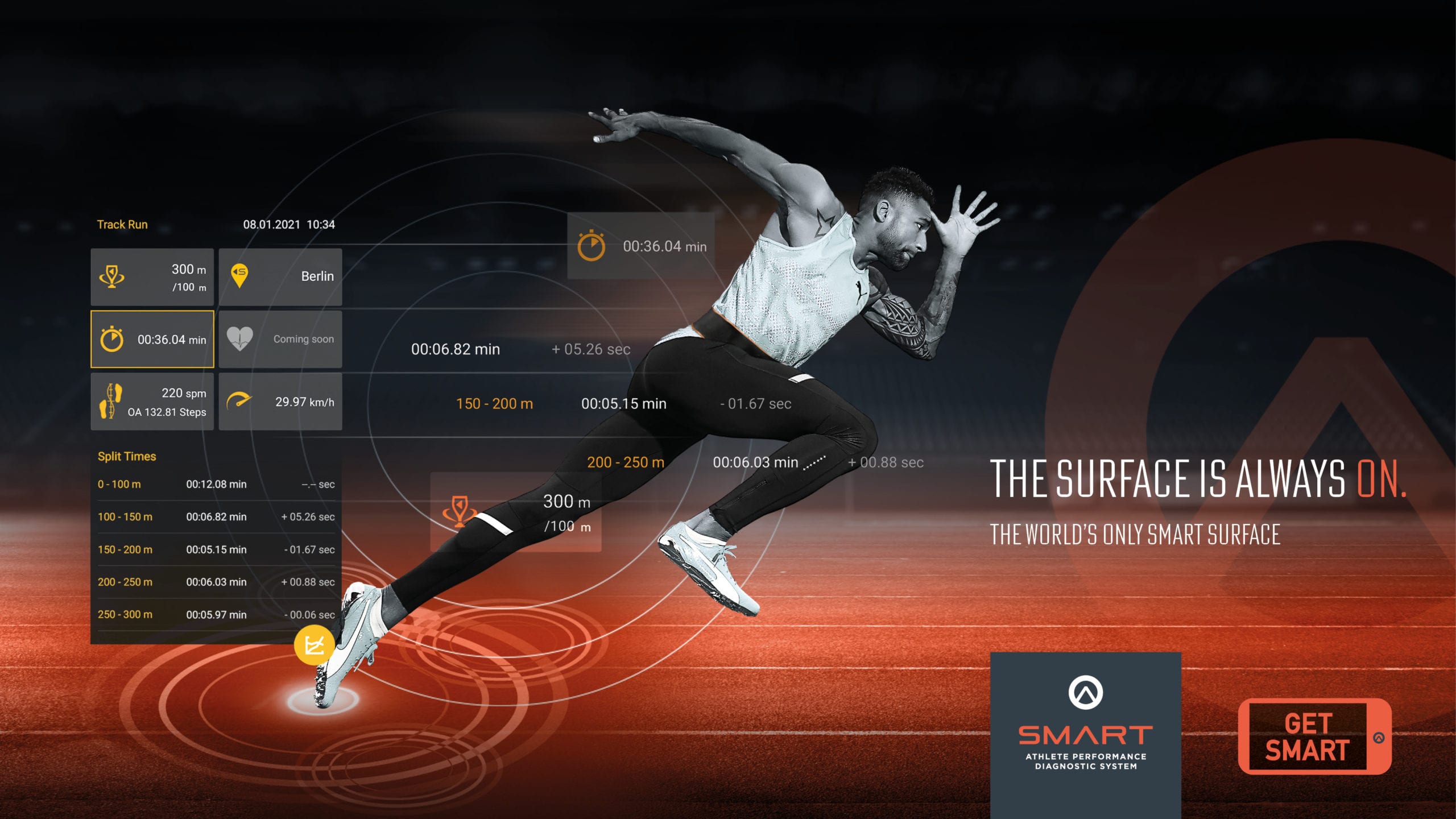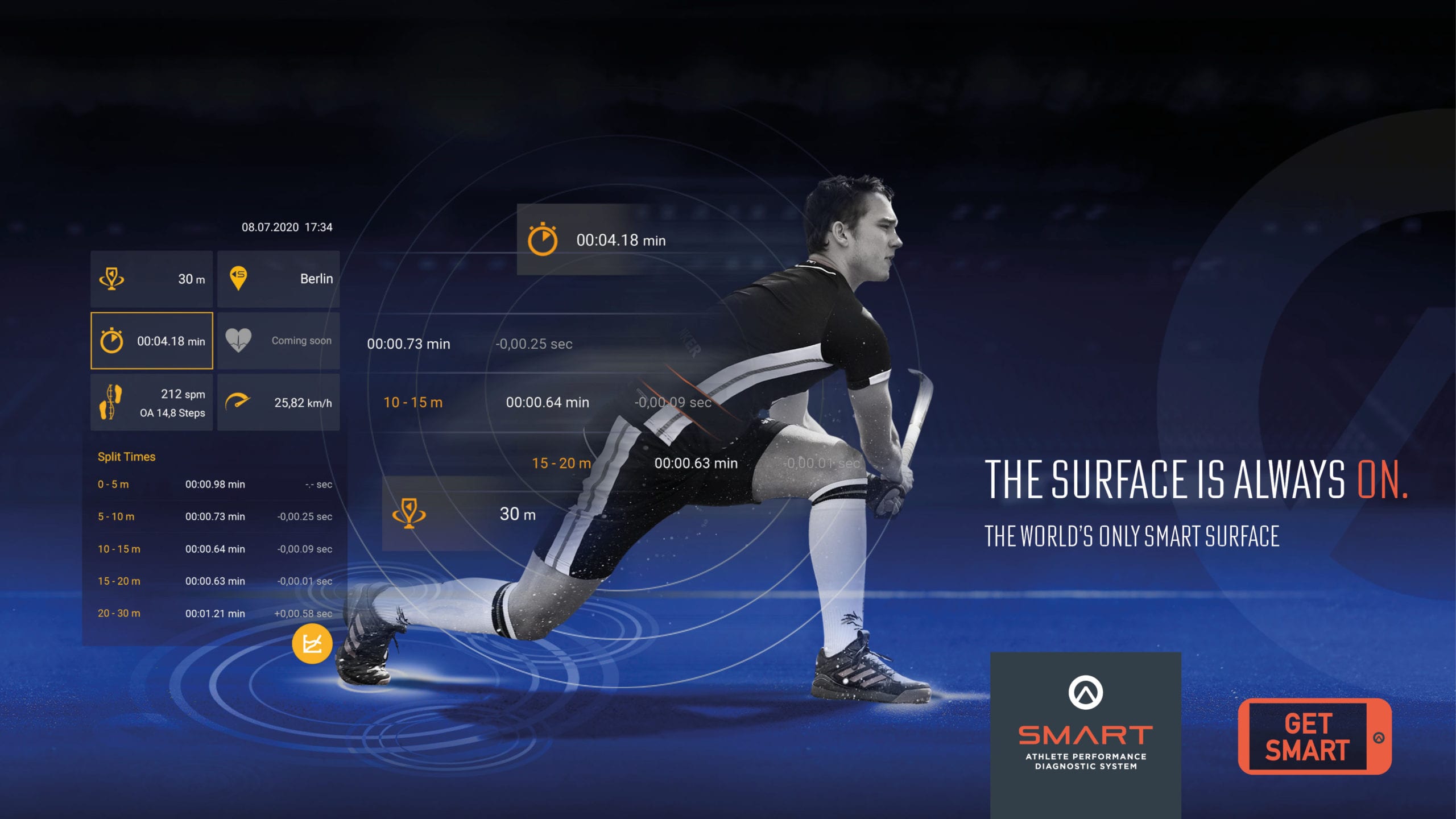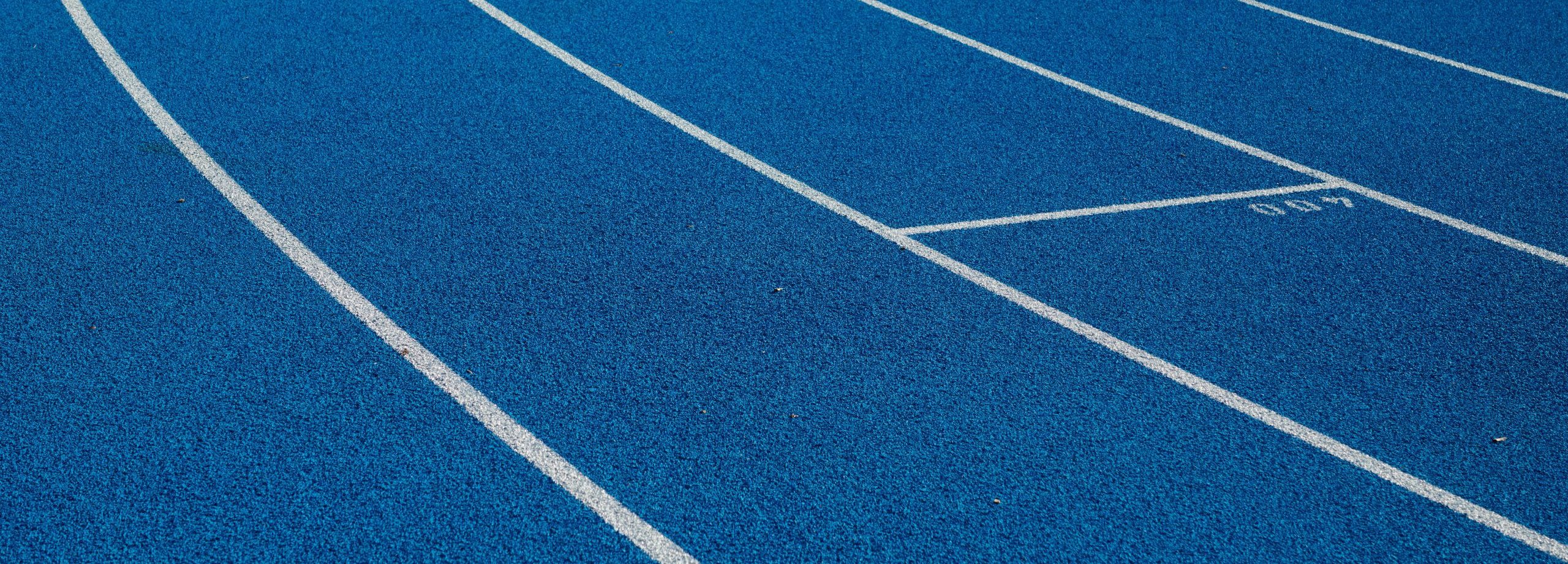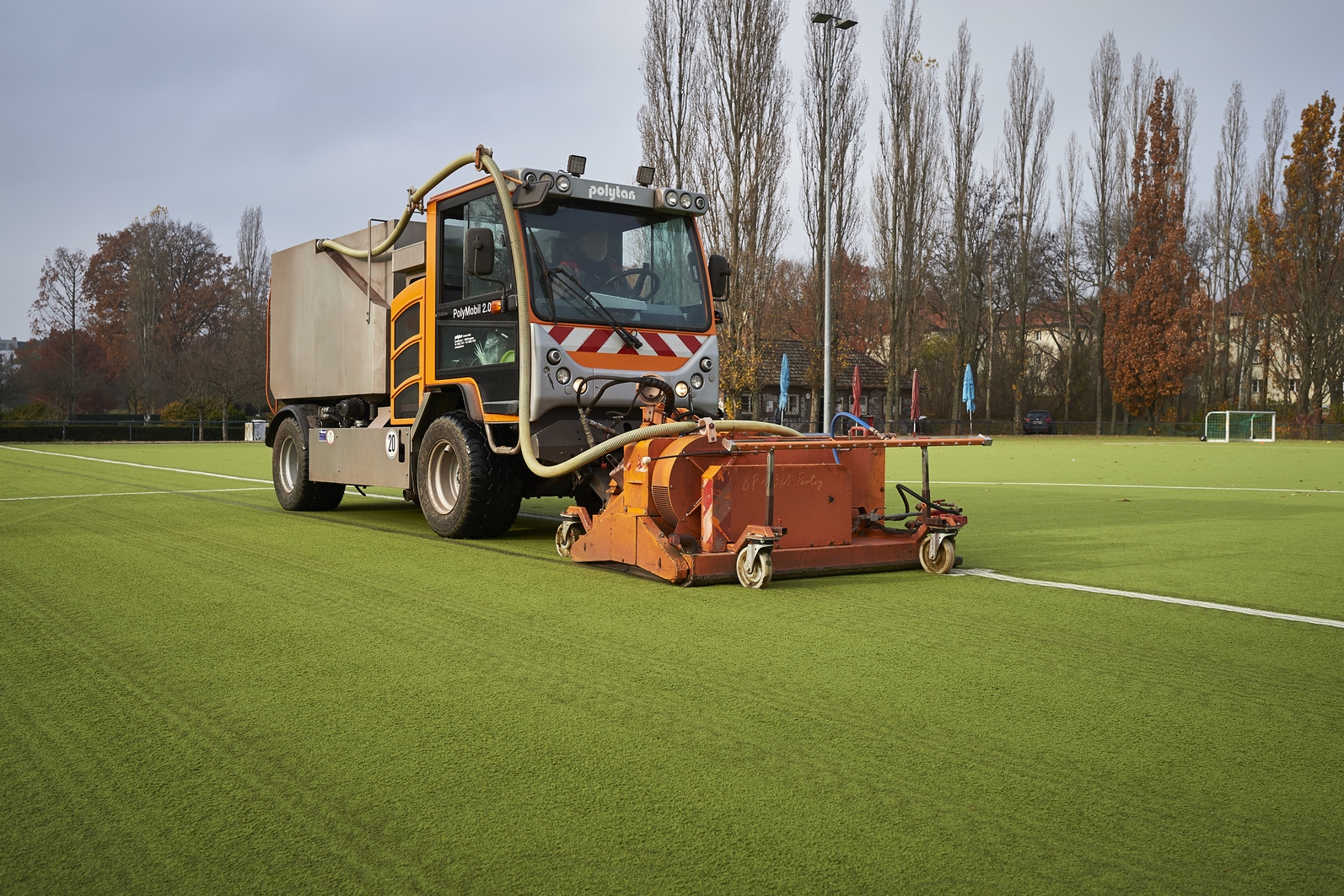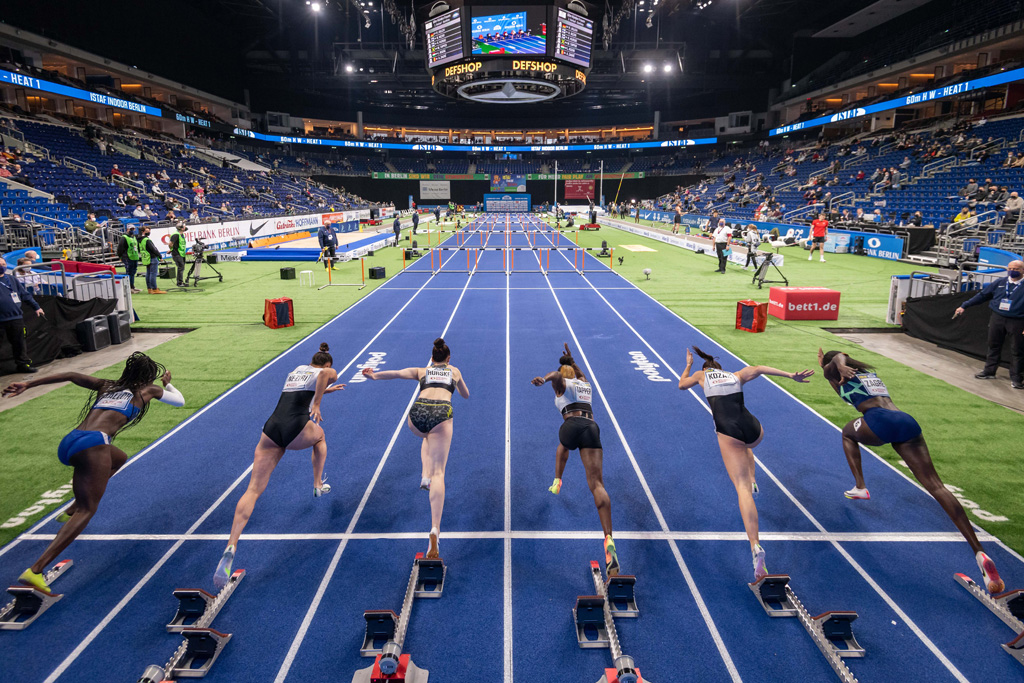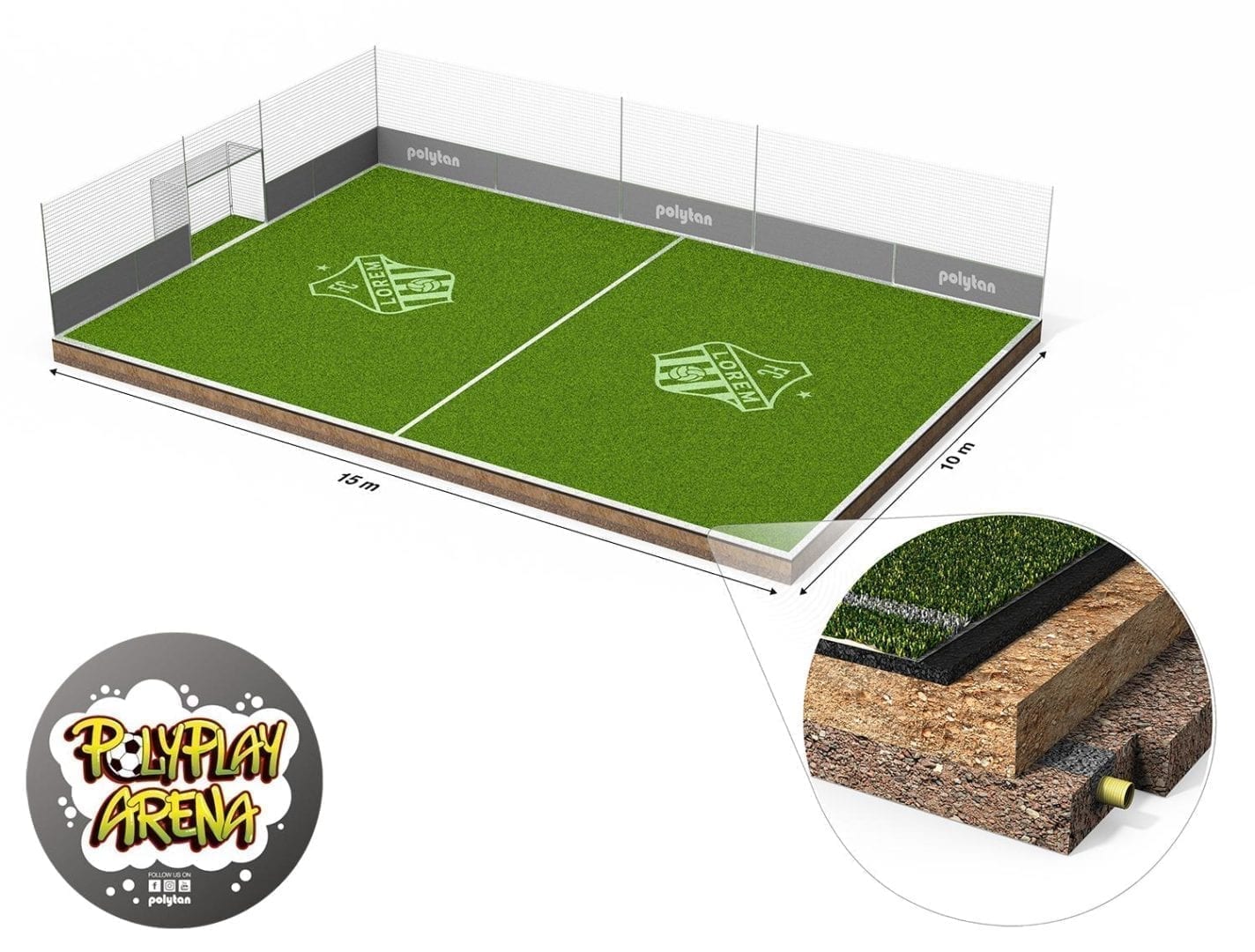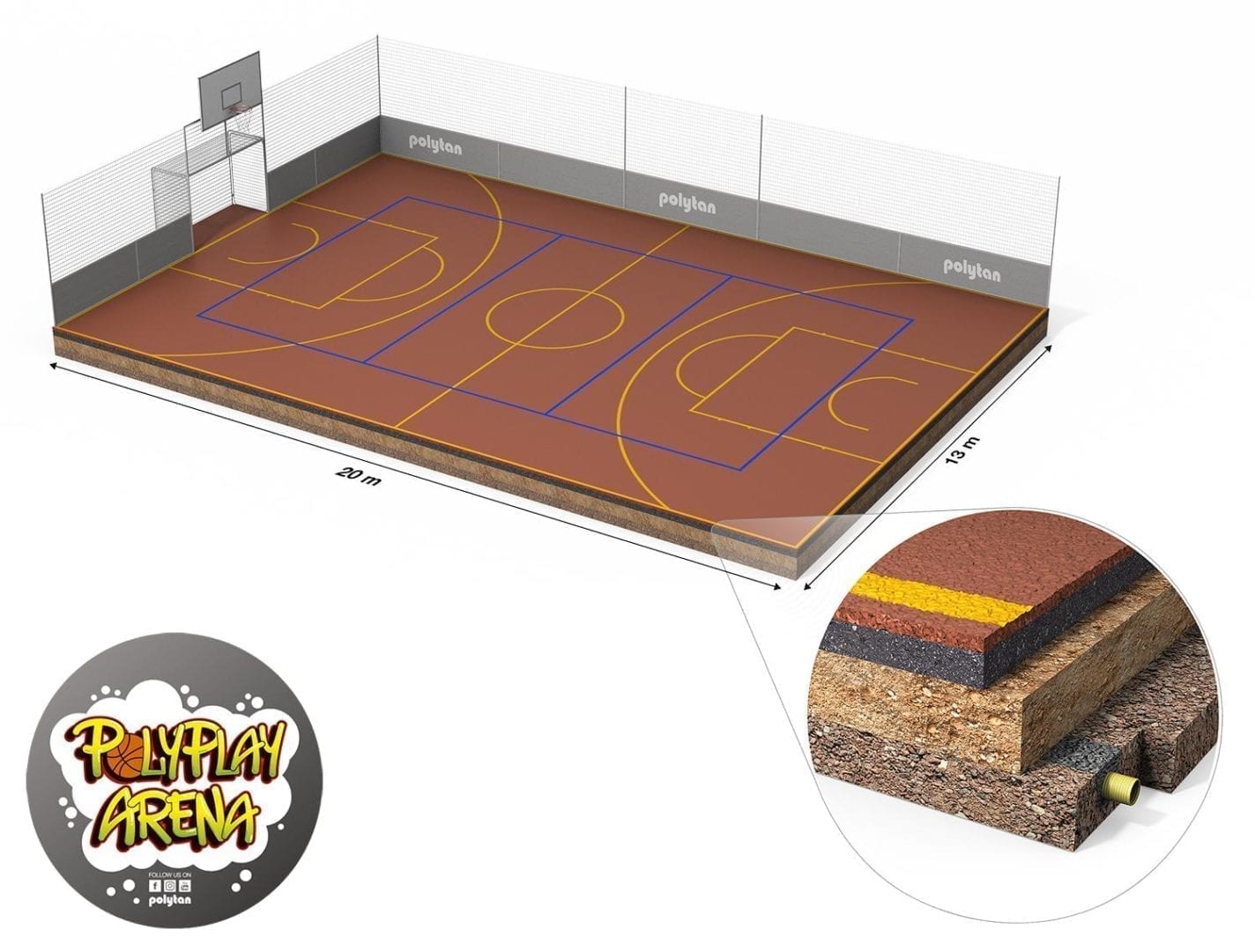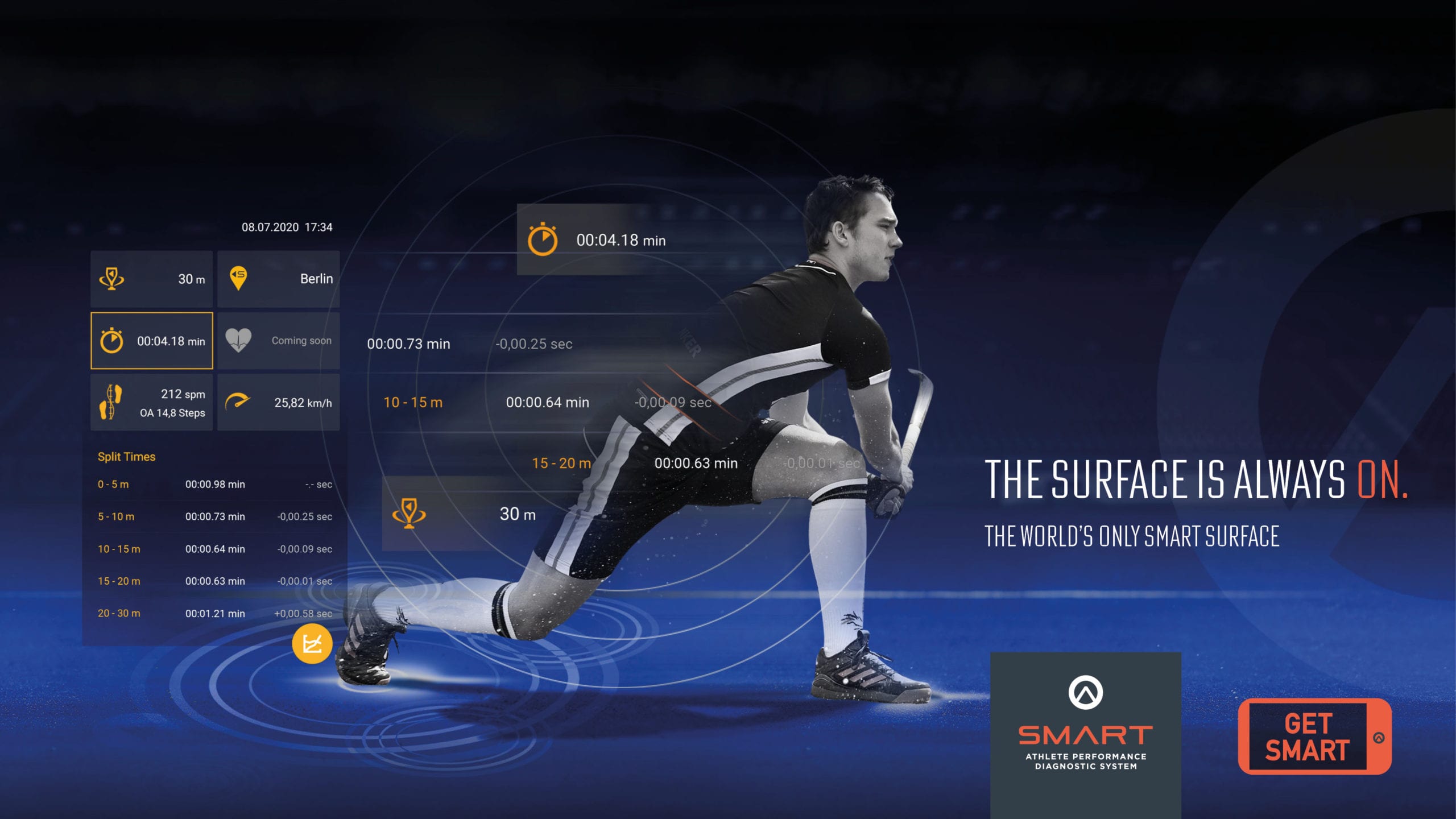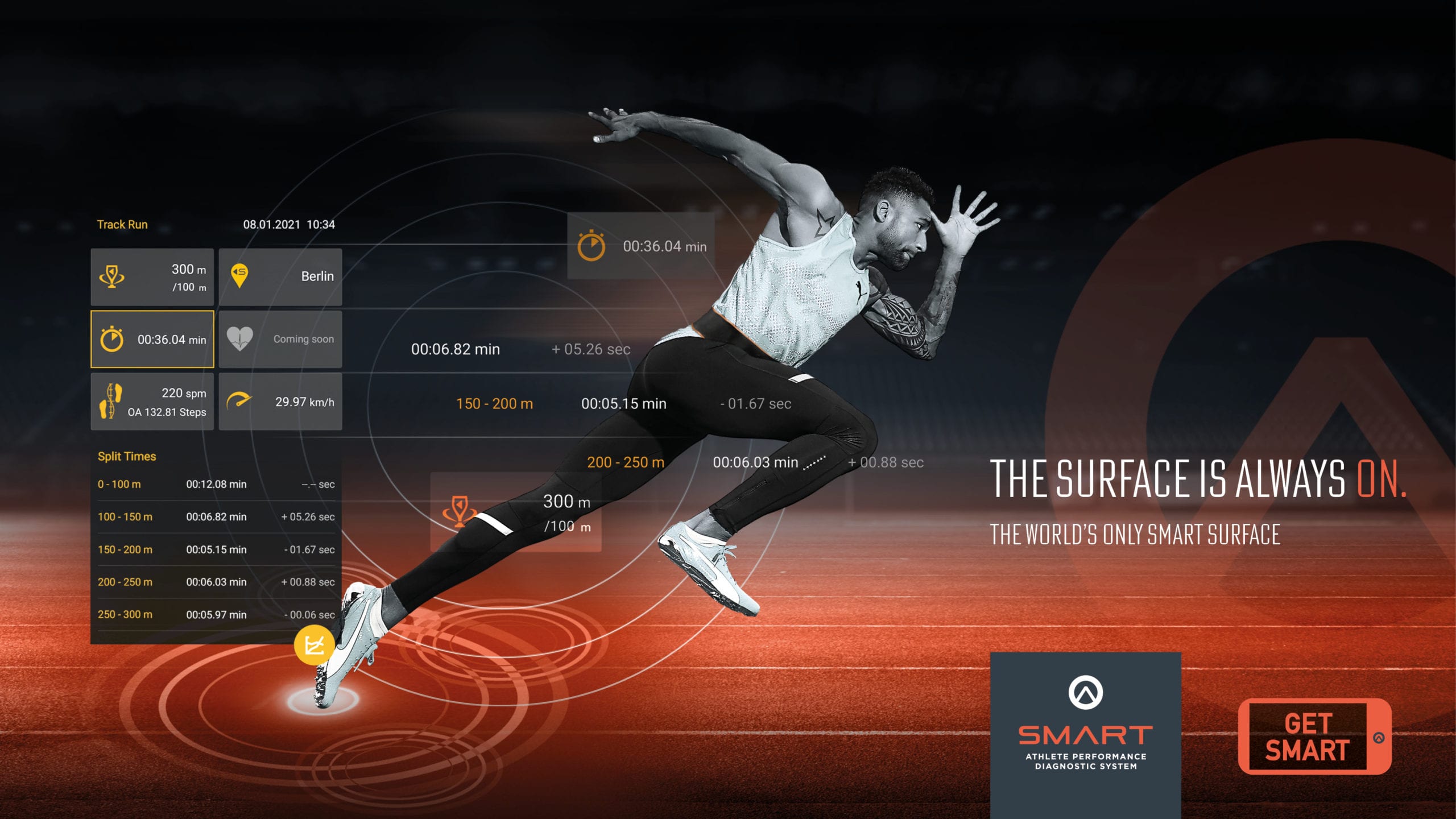As Polytan’s products become continually ‘greener’, sustainability remains a top priority. We caught up with Head of Product Management Friedemann Söll to learn more about the future of sports surfaces.
ON TOP: Friedemann, what are the key product developments for 2023, and what can our customers look forward to in the near future?
Friedemann Söll: We have got so much going on right now that it would take all day to reel off everything, so I’ll stick to a few highlights. Our Poligras Paris GT zero is the world’s first climate-neutral hockey turf, which will be used at the upcoming Olympic Games in Paris next year. We have also introduced a hockey turf that does not require watering, yet offers virtually the same playing characteristics as water-based systems. Turning our attention now to football, our LigaTurf Next is an attractive football turf system with straight filaments designed for professionals and amateurs alike. We have been incorporating recycled materials into many of our turfs for some time now.
ON TOP: Sustainability has been a major focus for Polytan for many years, and the company sees itself as an industry leader. What role do natural raw materials play in this context?
Friedemann Söll: Sustainability will always be a dominant factor in our products. Renewable and natural raw materials are indispensable for us, whether in the turf itself or for the infill, and we have been using them for years. Our synthetic turf incorporates a by-product from sugar cane harvesting in Brazil, which would otherwise be unusable since it is unsuitable for the food industry or fuel production. This collaboration is with a renowned partner in the field. People often try to claim that sugar cane plantations lead to the deforestation of rainforests, but there is no truth in this at all. Sugar cane requires entirely different climatic conditions, and most plantations are located thousands of kilometres away from rainforests. We had all of this independently verified and confirmed before deciding to cooperate with our partner, Braskem.
ON TOP: You just spoke about turf. What about the infill? What trends and developments can be seen regarding infill granules?
Friedemann Söll: In the past, most football turf systems were filled with sand and rubber. In Germany, synthetic infill granules are hardly used anymore. We already offer numerous alternatives made of organic or mineral materials. These will replace polymeric infill materials in future. In Germany, this is already the case 99% of the time.
However, the entire industry is gathering experience, because the markets and climatic conditions in Europe can be very different. To give just one example: an infill that works in cold Scandinavia might not work in the hot and dry south of Spain. That’s why products have to be tailored to the respective market and user. We are already doing that now and are able to offer a suitable infill for any purpose.
ON TOP: What do you expect to gain from this consistent drive for sustainability?
Friedemann Söll: As a company in the plastics industry, we bear a lot of responsibility because our products are very raw-material-intensive. We used to manufacture our products using fossil raw materials. Today, we are trying to reduce that as much as possible. This will save resources. Right now, we need to save CO2 to counteract climate change. To achieve that, we need natural raw materials and recycled material. I am firmly convinced of that, and we at Polytan are intent on staying the course.
ON TOP: You are now offering a recycling service for old synthetic turf pitches as of this year. What prompted this?
Friedemann Söll: The way I see it, even the best product is worthless if it cannot be returned to the recycling loop at the end of its life cycle. Until now, most synthetic turf pitches have been thermally processed, which is not really a sustainable solution. The circular economy calls for products to be recycled. With FormaTurf, we provide a real alternative (take a look at pages 12/13) in the hope that our customers will choose this sustainable method when the time comes to dispose of their pitches.
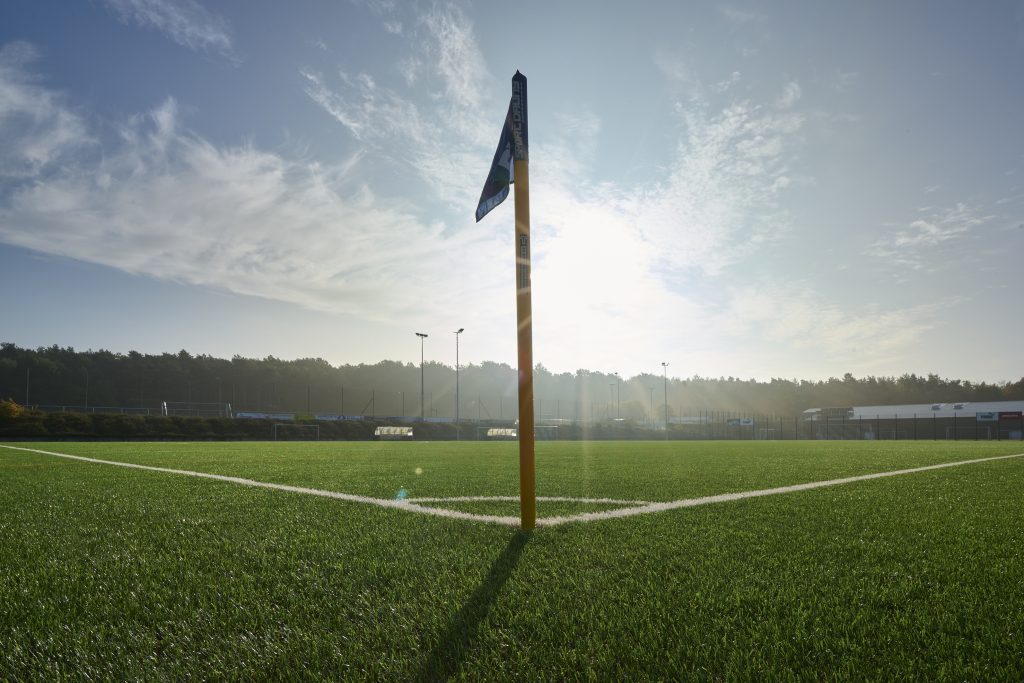
ON TOP: Sticking with the subject of recycling, you’ve just mentioned the use of recycled plastics in synthetic turf. Could you tell us more about that?
Friedemann Söll: In future, our synthetic turf systems will be at least partially made of post-consumer recycled (PCR) material, primarily using recycled packaging materials. We have consciously chosen mechanical recycling for these materials because we believe the energy balance of chemical recycling is significantly worse. This all has a positive impact on our carbon footprint. The majority of our turf portfolio has included recycled materials since this year. This includes six out of nine football and multisport turfs, with one of these even being a combination of recycled and organic materials. We’re still at the beginning of this journey, which means that developments are only going to continue. That’s a promise.
ON TOP: We’ve talked about synthetic turf so far, but what about recycling for other surfaces, like running tracks? And what developments can we expect to see for these surfaces?
Friedemann Söll: We have already introduced on-site recycling for the elasticising layers. After a 35 years of use, even an in-situ elastic layer eventually needs to be recycled. We can do that with our partner PR-Recycling, and install the processed material right back where it came from as a new elastic layer. We also use similar processing technologies for our synthetic running tracks. The approach is the same, but due to the special material combination and required precision, it has to be adapted.
Even the plastic surfaces themselves are becoming ‘greener’. Our gel-based surface Rekortan Gel GT is tailored for elite sports and made from over 60 % organic material. This full-PU surface is certified by World Athletics, just like our water-based spray coating. Instead of solvent-based materials, the top layer features a water-based spray coating based on our GT binding agent, which is also used in other plastic surfaces, such as our elastic layers and impact protection systems.
Our first attempts at recycling running track and multipurpose surfaces have already been successful. There is definitely plenty to come in this respect in the near future.
ON TOP: In other words, Polytan is doing a lot for sustainability. But how will this affect pricing?
Friedemann Söll: As a company, we are obligated to give our customers the best possible advice and to highlight the possibilities that are already available to them when building a sports facility sustainably with the entire life cycle in mind. There is not just one solution. Some solutions require new and more elaborate technology, while some systems need to be completely redeveloped and brought to series maturity, which might result in higher or additional costs; on the other hand, it could also yield savings. In this respect, we need to look at the big picture and combine different building blocks. Fundamentally, however, the fact remains that sustainability isn’t free. Our customers increasingly understand that too.
ON TOP: When customers come to you looking to build a sports facility, whether it’s for football, athletics or hockey, what do you recommend to them?
Friedemann Söll: I would start by advising them to focus on sustainability and their carbon footprint, which is also underlined by many public procurement regulations, interestingly enough. This is why we emphasise the use of renewable raw materials, recycled materials, and environmentally friendly disposal and recycling methods. For our part, we are reducing the use of fossil plastics and striving to use less material. Another point we raise is the construction method: for a synthetic turf pitch, we use a substructure that can withstand at least three generations of turf carpets. Once the elastic layer reaches the end of its life cycle, we can recycle it and reinstall it with a local partner. As for running tracks, these don’t necessarily need to be completely replaced at the end of their life. A process known as re-topping is often sufficient, which involves upgrading only the top layer. This not only saves resources and money, but also helps the environment. There are already numerous solutions available for the challenges we face, and we will continue to work on green technologies for sports surfaces and sports pitch construction together with our Research and Development departments.
